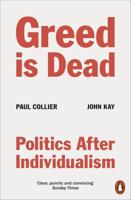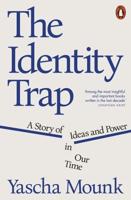Publisher's Synopsis
Excerpt from The Labor Problem and the Social Catholic Movement in France: A Study in the History of Social Politics
The program of reforms advocated by the leaders of this movement presents an elaborate and far-reaching scheme of economic reconstruction. One might call it a rival of the other Proposed Roads to Freedom described by Mr. Bertrand Russell. The program is all the more significant because several of its basic principles, which once appeared somewhat visionary, are gaining widespread popularity at the present time. For instance, the idea that a modernized guild system, with industrial democracy, was the true alternative to State Socialism, had little vogue a generation ago, except among Social Catholics, whereas today it is making remarkable head way among British labor leaders, in the form of Guildism or Guild Socialism. The conservative wing of the British Guild Socialist movement, one might add, is Social Catholic. The scheme of Joint Standing Industrial Council's put forward by the Whitley Committee1 and incorporated in the British Goverment's reconstruction policy provides another indication of the same trend of thought, and the Whitley plan bears an astonishing resemblance to the scheme of industrial organiza tion formulated many years previously by French Social Cath olics. Again, the Social Catholics have insisted, from the be ginning, that labor must not be regarded as a commodity, the price of which could be determined by the law of supply and demand. This principle is now officially recognized by a clause in the Treaty of Versailles. International labor legislation is a third principle of which the Social Catholics were among the earliest and most determined advocates. Yet another of the reforms of which Social Catholics, particularly in France, have long been supporters, is the establishment of' an industrial, or, rather, a vocational senate as a complement to the existing parliament based on purely numerical or geographical rep resentation. Under the name of functional representation, this idea is coming to be more and more widely debated.
About the Publisher
Forgotten Books publishes hundreds of thousands of rare and classic books. Find more at www.forgottenbooks.com
This book is a reproduction of an important historical work. Forgotten Books uses state-of-the-art technology to digitally reconstruct the work, preserving the original format whilst repairing imperfections present in the aged copy. In rare cases, an imperfection in the original, such as a blemish or missing page, may be replicated in our edition. We do, however, repair the vast majority of imperfections successfully; any imperfections that remain are intentionally left to preserve the state of such historical works.








